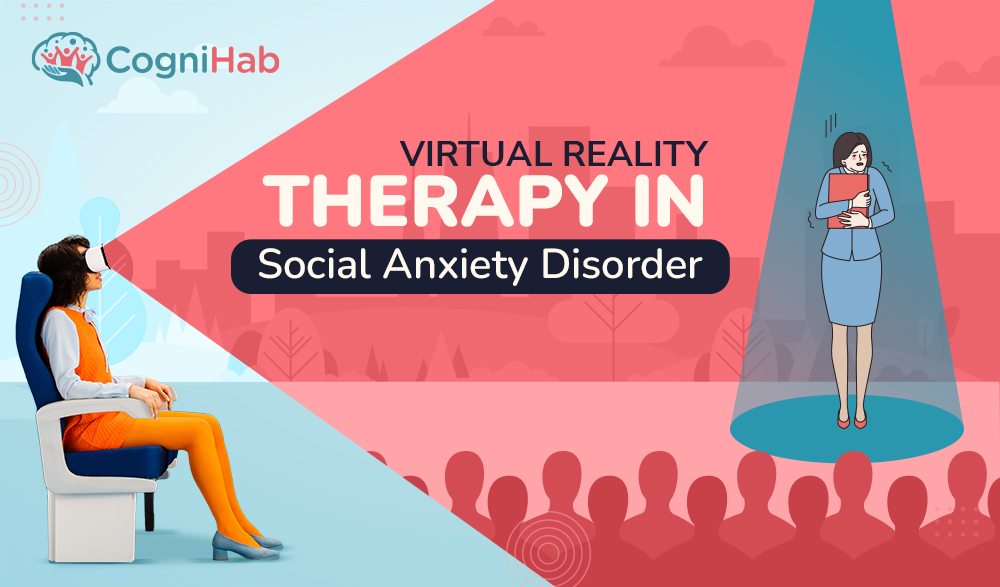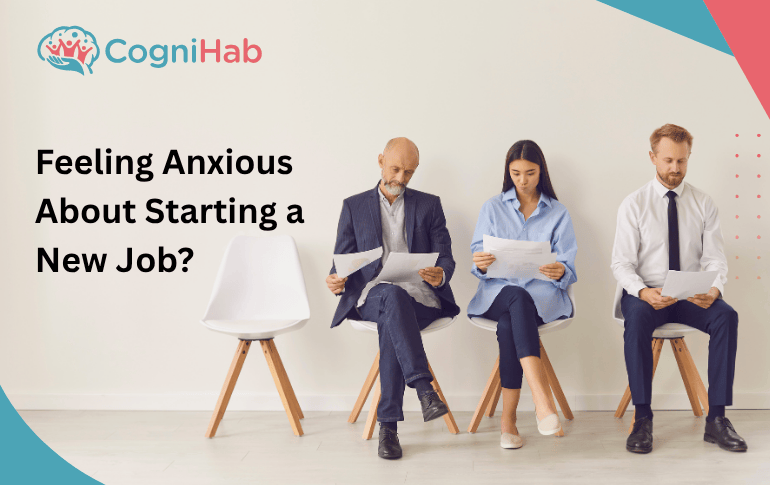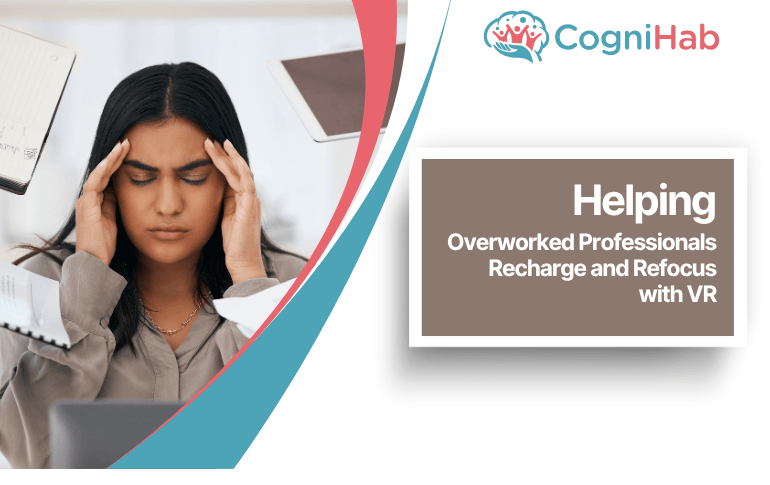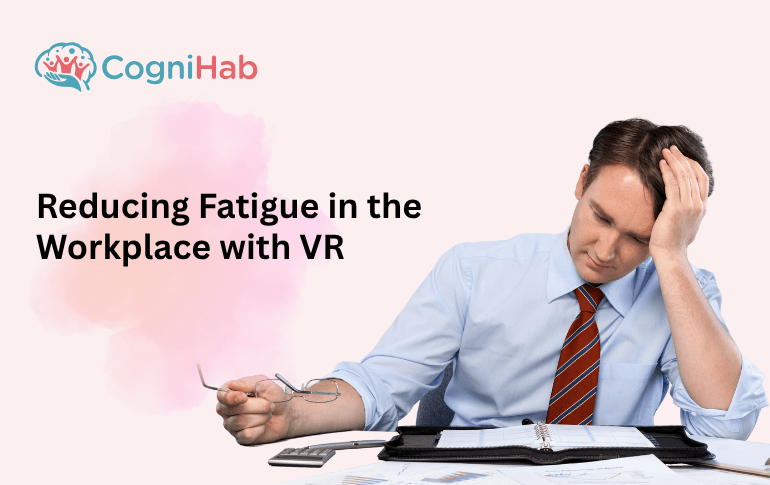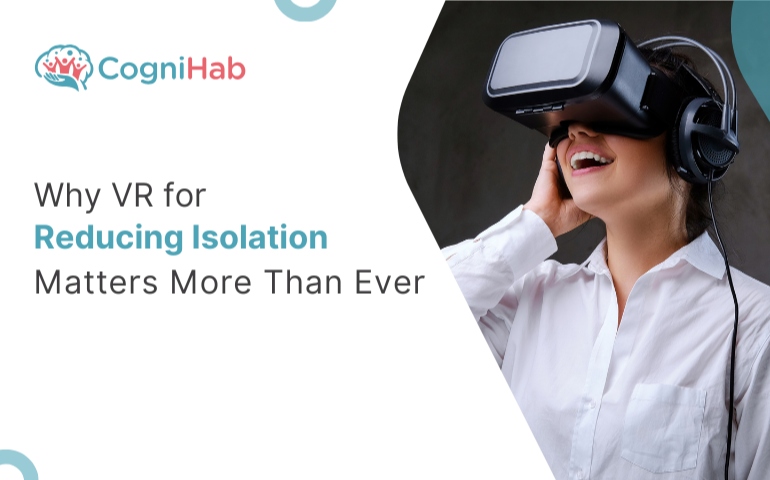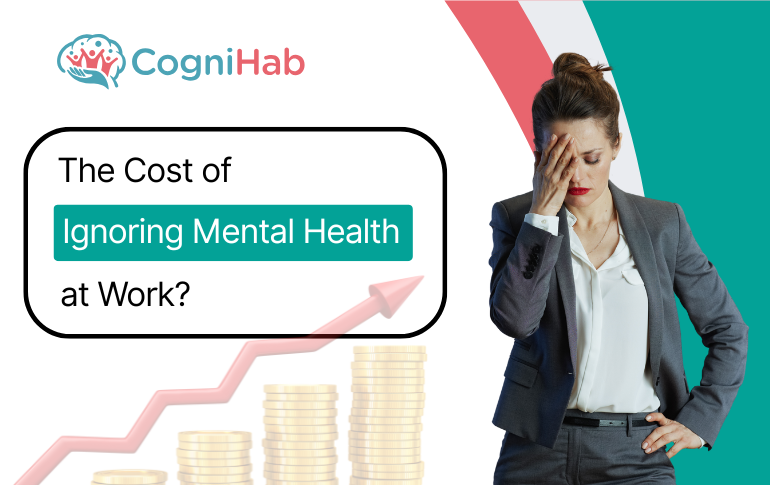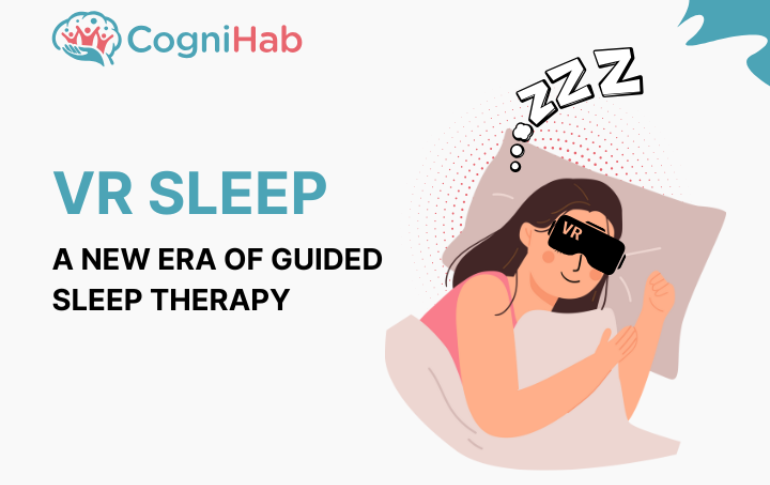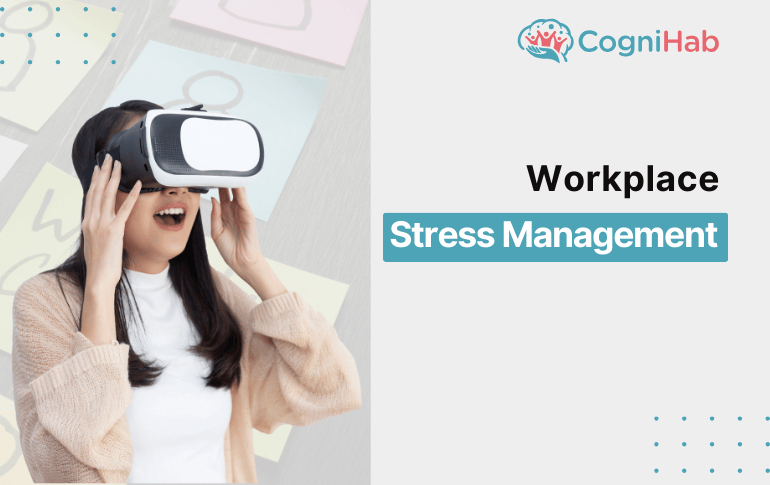
Article By: Ishaan Singh
March 14, 2023 | 5 minutes to read | Updated On: 03 April 2025
Social Anxiety Disorders : Virtual Reality Therapy for Social Phobia
It's common for people to feel anxious or uneasy in new social environments. Tension is usually present prior to any important meeting, interview, or other important events. However, when you feel anxiety more often with every social appearance then it may be indeed a problem – Social Anxiety disorder (SAD).
Social Phobia interrupts the everyday interactions of the person. The person gets very conscious about being judged. This leads to avoidance and isolation from social settings. Virtual Reality is one of the best tools to deal with a mental disorder. But before knowing more about social anxiety disorder treatment, let us dig a little to understand the facts and figures related to SAD.
Social Anxiety Disorder Statistics
- According to the NIMH report, more than 15 million adults, or about 7% of the American population, suffer from SAD.
- Both men and women are equally susceptible to mental illness, which typically begins in adolescence.
- A 2007 ADAA survey found that 36% of those with SAD reported having symptoms for 10 years or longer before seeking treatment.
Social Anxiety Major Symptoms
One of the chronic mental health conditions is SAD. However, using medication and psychotherapy to deal with it can help the person gain confidence in social settings.
Various personality traits and life experiences affect social comfort levels. Social Phobia includes fear, anxiety, and avoidance that obstruct relationships, daily activities, work, school, or other activities, in contrast to normal trepidation. Though it occasionally starts in younger kids or adults, it usually starts in the early to mid-teens.
The Major Symptoms of SAD may Include:
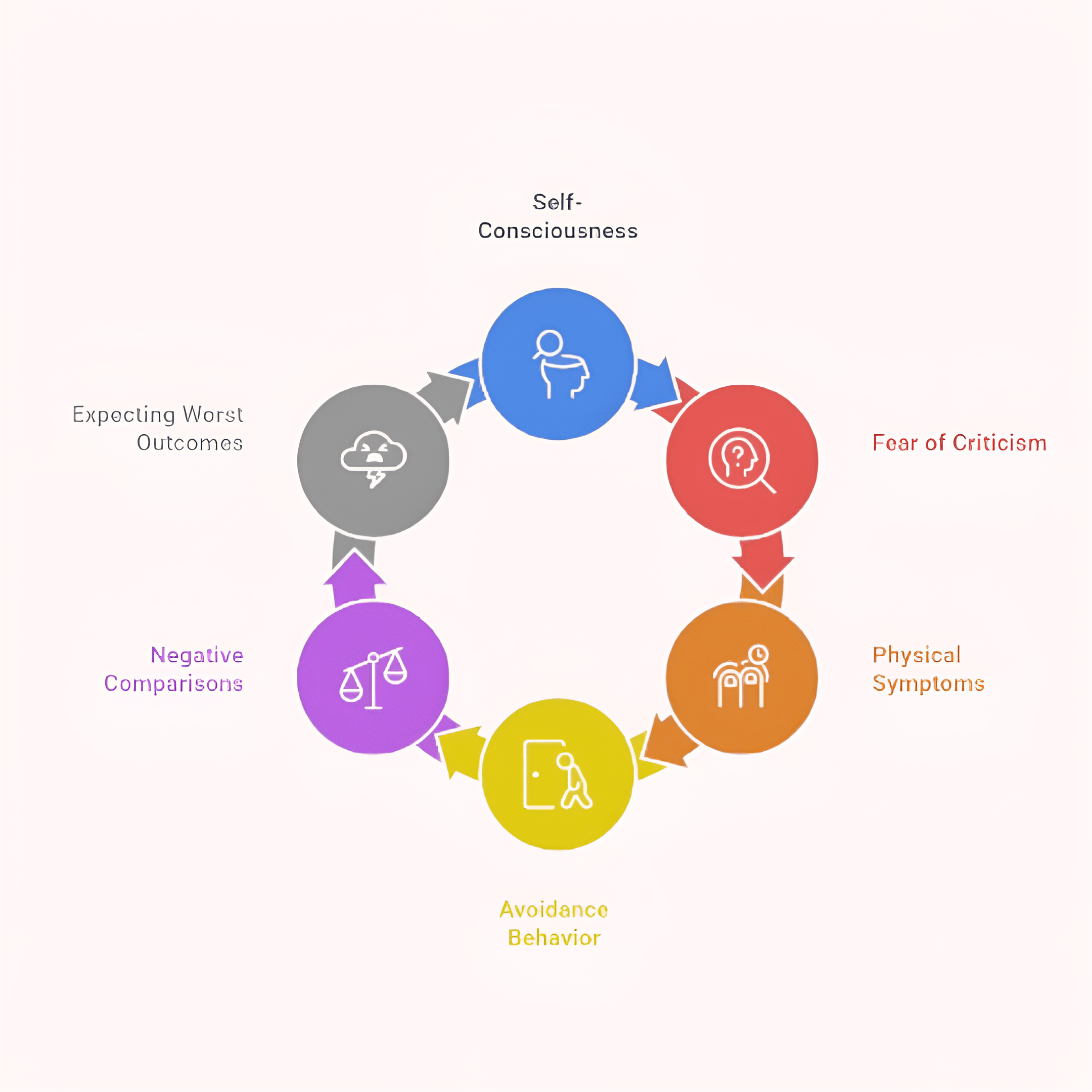
Psychological Symptoms
- The anxiety of encounters with the potential for criticism
- Feel self-conscious or embarrassed about public humiliation
- Fear of interacting with strangers.
- Fear of showing noticeable physical signs such as blushing, perspiring, trembling, or speaking with a tremble
- Stay away from situations where you might be the centre of attention
- Fear of an upcoming activity or event that may cause anxiety
- Feeling oneself inferior to others by comparing
- The expectancy of the worst possible outcomes from a bad social experience
- Avoid any important event because of social gathering
Some other physical symptoms may include:
- Blushing
- Crying
- Fast heartbeat
- Trembling
- Sweating
- Upset stomach or nausea
- Breathlessness
- Dizziness or light-headedness
- Muscle tension
Also read, Effective Tips for a Stress-Free Workplace
Causes of Social Anxiety Disorder
SAD has multiple causes, including:
1. Genetic Factors: If a family member has SAD, you are more likely to develop it.
2. Brain Chemistry: An overactive amygdala, the part of the brain that regulates fear, may contribute to excessive anxiety.
3. Childhood Experiences: Bullying, teasing, or overprotective parenting can increase the risk.
4. Personality Traits: Shy children are more prone to developing social anxiety as adults.
The disorder of social anxiety is not brought on by a single factor. Genes could be to blame; you are more likely to develop SAD if a family member does. There is a chance that the amygdala is overactive. Amygdala is an area of the brain that regulates your fear response.
The average onset age of social phobia is 13 and older. It could be connected to a history of abuse, bullying, or teasing. Children with domineering or controlling parents are likely to develop into socially anxious adults.
Also shy children are prone to have SAD as an adult. A health condition that makes people notice your voice or appearance may also make you more prone to social anxiety.
Treatment for Social Phobia
If you're wondering how to treat social anxiety disorder, behavioral therapy for depression may be the best option. With prompt and appropriate therapy, social phobia can be overcome. A doctor may recommend medication to control the mind's reaction to fear along with behavioural therapy.
Prescribed medication may be a simple and efficient SAD treatment for some patients. The medications function by lessening the unsettling and frequently embarrassing symptoms.
These drugs can significantly lessen or even get rid of your symptoms. But many patients do not react well to the drugs. It is difficult to predict the course of treatment based solely on symptoms. The doctor must take the time to comprehend the patient's response and reaction to the medication being prescribed.VR for Social Anxiety or Social Phobia
VR in healthcare has come a long way, so far. You can teleport to the new world after donning the VR headset.
After the Vietnam War, this magic tool helped the armed forces in 1997 combat their PTSD symptoms. Due to its effectiveness over traditional therapies, VR for anxiety and other mental disorders is highly recommendable.
VR Exposure Therapy for Social Anxiety Disorder: Research Study
We can take a simple example of ‘fear of public speaking.’ As per the National institute of mental health, about 40% of people are suffering from Glossophobia.
The study conducted by NCBI states that virtual reality exposure treatment may be an effective way for people with public speaking anxiety to conquer their fears.
The study was conducted on 20 people who had a SAD. Every patient had to take part in a three-hour VR-based therapy session.
The therapy sessions included exposure exercises to combat terrible beliefs in order to manage the anxiety associated with public speaking. Before performing them in front of a virtual audience using virtual reality technology, the patients received instruction in a variety of speech activities.
Due to the VR experience's high degree of adaptability, it could be tailored to meet the individual needs of each patient depending on their location, audience mood, and behaviour. After their speech was finished, the patients could watch a replay of it as if they were a virtual audience member.
The therapeutic intervention had successful results. Following VR-assisted therapy, patients' self-reports showed that their fear of public speaking had significantly decreased. The data show that exposure therapy achieved these advantages by reducing patients' fears of unfavourable comments and disturbing thoughts.
Benefits of VR Therapy for Social Anxiety
VR therapy for social anxiety offers a safe, controlled environment for exposure therapy, helping individuals build confidence and reduce fear effectively.
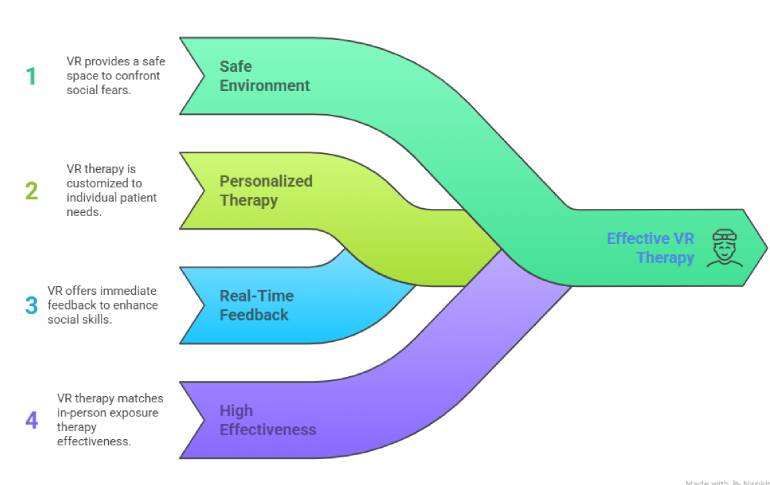
1. Safe and Controlled: Unlike real-world exposure, VR offers a controlled environment to face fears.
2. Personalized Therapy: VR can be tailored to individual needs, adjusting location, audience behavior, and difficulty level.
3. Real-Time Feedback: Patients can review their performance and improve social skills gradually.
4. Highly Effective: Studies show VR therapy for anxiety disorders is as effective as in-person exposure therapy.
Overcoming SAD Virtual Reality
VR therapy creates a new reality for individuals, allowing them to practice social interactions in a risk-free environment. Whether you struggle with public speaking, social gatherings, or workplace interactions, VR for social anxiety treatment can help you overcome fears and boost confidence.
Closing Statements
VR effectively creates a new reality for people because the mind only experiences what we give it to feel. No matter how severe your social phobia or fear is, you can always get over it with the right therapy. You may visualize receiving an award or performing in front of a live audience that give you standing ovation.
In a highly customized VR environment, anything is possible. The sooner you will start; you will have more memories to cherish.
Do explore the Cognihab VR to overcome your anxiety and social phobia.


